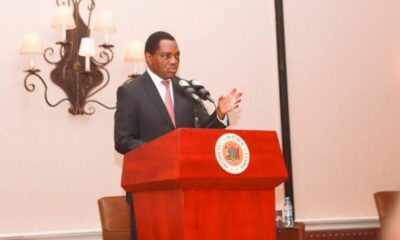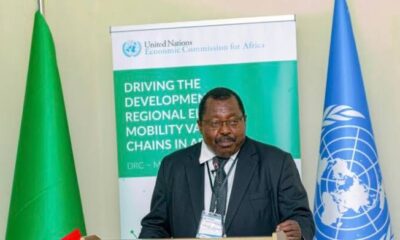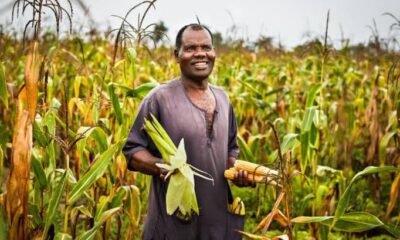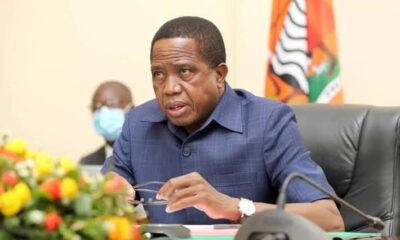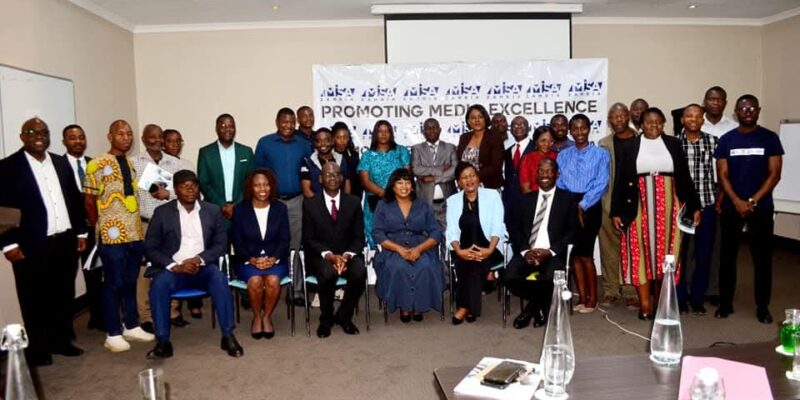The music that guides a dancer’s movements is crafted by the instrumentalist, much like how the press, known as the “fourth estate,” plays a crucial role in a democracy through its level of freedom.
However, while “freedom of the press” is often touted by politicians to project a democratic image, the real measure of media freedom lies in whether journalists can report accurately, truthfully and objectively without facing intimidation or pressure, regardless of the political status of the subject.
This raises crucial questions: Who controls the media, and how does such control affect the key players in this field?
Read More: Zambia’s media freedom promises questioned amidst threats, intimidation, by Hannet Mwimbe
Caroline Katotobwe, Executive Director for the Centre for Policy Dialogue, highlighted in a 2022 blog post that in many countries, journalists and civil society leaders who investigate and criticise corruption, trafficking and human rights violations face significant risks.
She noted that the freedom of expression in Zambia, guaranteed under Article 20(3)(c) of the Constitution, was historically undermined by laws such as criminal libel and defamation before these were revoked.
Katotobwe pointed to an Amnesty International report from June 2021, which observed an environment of fear in Zambia, where human rights defenders, including journalists, lived under constant threat of arrest, intimidation and violence.
Her personal experience in the media world echoed these concerns, as she found the need to self-censor to avoid potentially severe consequences from powerful and influential politicians.
These issues highlighted the importance of media independence, emphasizing that journalists must operate without state regulations or fear in order to function freely.
For instance, a publication from ‘Support the Guardian’ reported that the Zambian government had intensified its harassment of independent media outlets by arresting journalists and blocking two news websites.
Furthermore, in a statement released in Lusaka on August 17, 2024, Acting Spokesperson, Simon Mulumbi, of the Human Rights Commission urged the public to exercise their freedom of expression responsibly, particularly on social media.
However, the term “responsibly” was left undefined, raising concerns about its potential misuse to curb free speech.
In conclusion, Katotobwe’s observations reveal that in many countries, including Zambia, journalists face significant risks when investigating corruption and human rights abuses.
This underscored the need for an environment where they can work without fear of intimidation.
The repressive actions reported by ‘Support the Guardian’ and the ambiguous call for ‘responsible’ expression by Mulumbi reflect the ongoing challenges to media freedom.
For journalists to truly fulfill their role in a democracy, they must be able to operate without state interference or fear of reprisal—a principle that remained crucial for the functioning of a free and fair society.
This story is sponsored by Project Aliyense.

 VenturesNow12 hours ago
VenturesNow12 hours ago
 VenturesNow12 hours ago
VenturesNow12 hours ago
 VenturesNow13 hours ago
VenturesNow13 hours ago
 Politics13 hours ago
Politics13 hours ago




